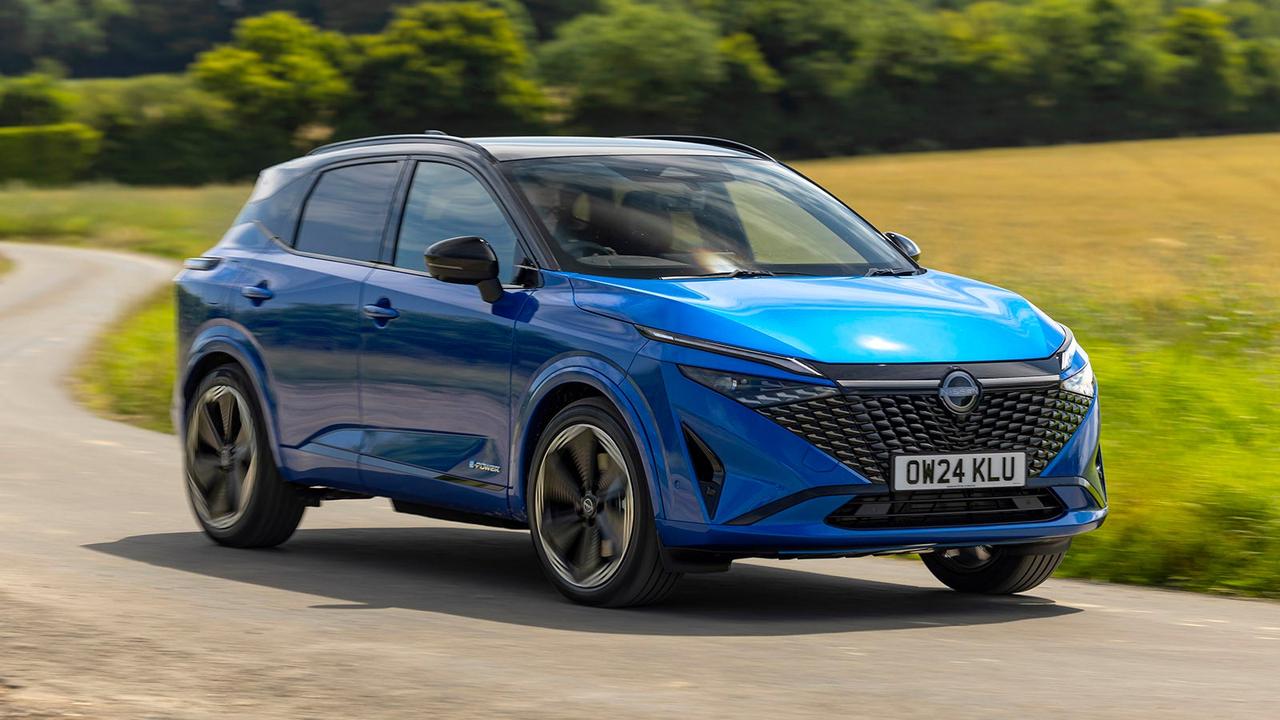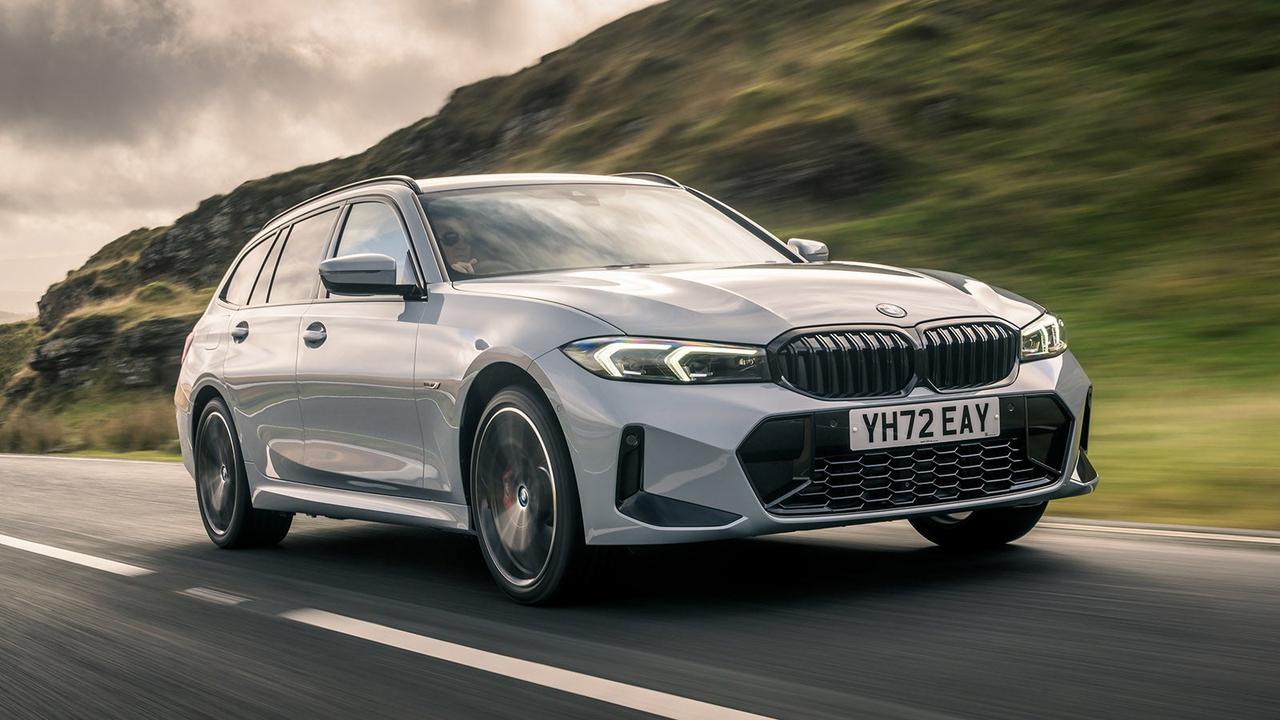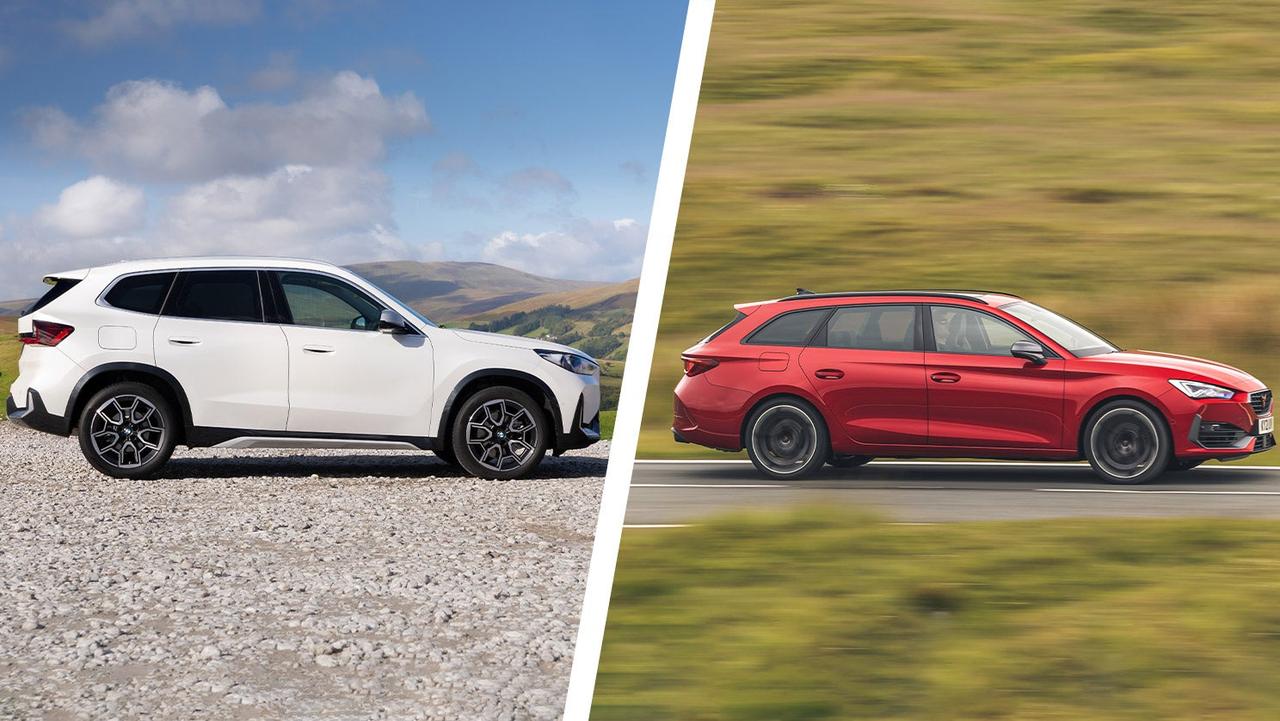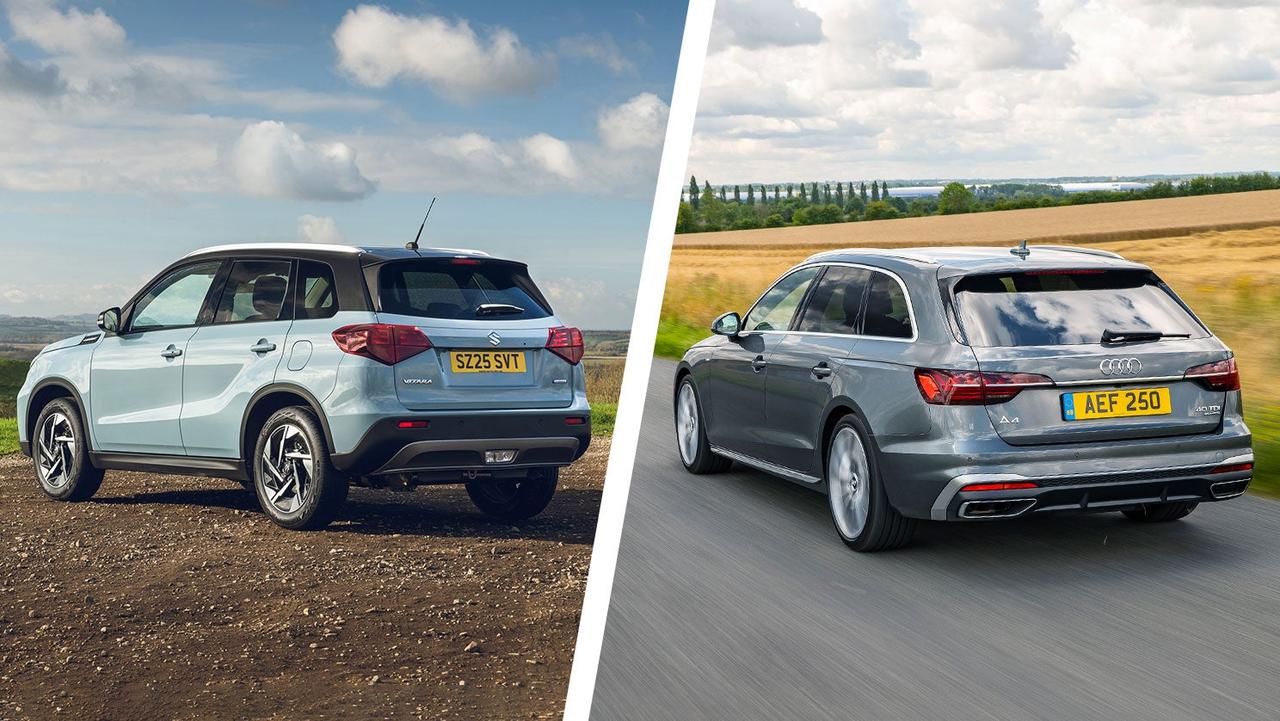If you want a practical car, SUVs and estates are two of the most obvious bodystyles to choose from.
There are pros and cons to both types, so think about what you need and what you like before deciding which you prefer.
We'll compare SUVs and estate cars here, starting by explaining what each bodystyle is and comparing them so you can pick the one that's best for you.
What is an SUV?

SUV stands for 'Sports Utility Vehicle'. These are cars that mimic the size and shape of 4x4 off-roaders, but are designed mainly for on-road use. Common SUV examples include the Nissan Qashqai, Ford Puma and BMW X3.
Almost all SUVs are five-door cars, with four passenger doors and a hatchback-style boot lid that opens as one unit with the rear windscreen. Many SUVs offer four-wheel drive but many more are two-wheel drive only for better efficiency.
The SUV category has become quite flexible as brands try out new niches. You'll find blocky, off-road-styled SUVs like the Citroen C5 Aircross, Ford EcoSport or Suzuki Vitara – as well as genre-blending models like the Kia XCeed, Cupra Formentor or BMW X2.
What is an estate?

Estate cars are more practical versions of existing saloon or hatchback models. They have a long roof that extends past the rear seats all the way to the back of the car, ending in a hatchback-style boot lid. A key advantage of this layout is that it frees up space above the parcel shelf, which makes it easier to carry bulky cargo or a big dog, for example.
Popular estate models include the Ford Focus Estate, Volvo V60 and BMW 3 Series Touring. There are also estate cars that mimic the height and style of SUV models like the Citroen C5 X, Audi A4 Allroad and Volkswagen Golf Estate Alltrack.
What's the difference between SUVs and estates?

Nailing down the difference between SUVs and estates is surprisingly difficult. Both bodystyles are invariably five-door cars, often with five seats and a hatchback-style boot lid. It's also common for SUVs and estates to include all four A, B, C and D-pillars, although the smallest SUVs may only have A, B and C-pillars.
Arguably, the difference mainly boils down to proportions. SUVs have taller bodies and a loftier ride height, clearly trying to ape the look of traditional 4x4s. Meanwhile, estates are lower with a ride height that sits them at the same level as regular hatchbacks and saloons.
As a broad rule, estate cars will usually handle a little better on the road thanks to their lower centre of gravity, while using a little less fuel thanks to their lower weight and wind resistance. SUVs are still mostly designed for on-road driving and owners are usually happy to trade a little handling prowess for the image an SUV brings, as well as a very slight advantage in light off-roading.
SUV vs estate – pros and cons
| SUVs | Estates |
Pros:
| Pros:
|
Cons:
| Cons:
|
Should I buy an SUV or an estate?

SUVs and estates are generally bought by drivers looking for strong practicality. Maybe you have bulky hobbies, a couple of big dogs, or a growing family – in which case, either bodystyle is likely to work well for you. Considering there's so much potential crossover between SUV and estate use cases, there's no harm in simply picking the bodystyle you prefer.
You might want an SUV for desirability reasons. Lots of drivers prefer the image of an SUV, as well as the tall, confidence-inspiring driving position. An SUV might also be a better choice if you occasionally tackle some very light off-roading, or if the roads where you drive are often in poor condition and you'd like the extra ride height. SUVs also tend to be a touch shorter than equivalent estates, which makes them a little easier to park.
However, there are many reasons to pick an estate over an SUV. Estate cars are invariably lower and lighter than SUVs, which means they often handle better, accelerate quicker and use less fuel in the process. While estates are usually lower than SUVs, there's rarely much of a practicality penalty, with passenger and cargo space that's usually comparable. Perhaps most importantly, estates are usually a little cheaper than like-for-like SUVs.
Find your perfect used car
Check out a huge selection of nearly new and used cars for sale at Motorpoint – including a wide choice of used SUVs and used estate cars. For inspirations, check out our picks for the best SUVs on sale and the best estate cars on sale.



































